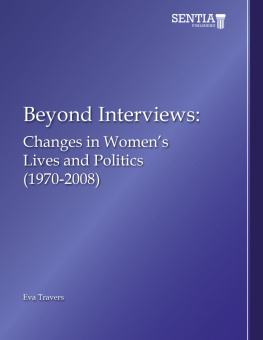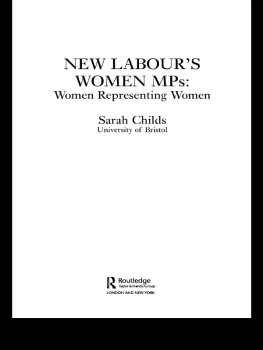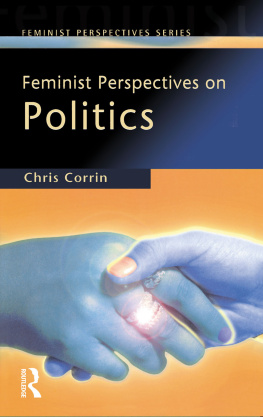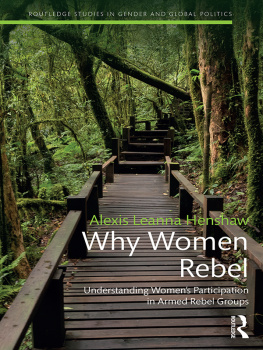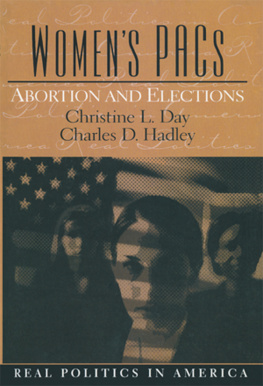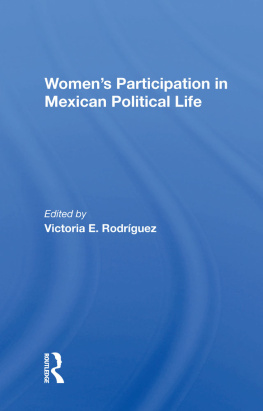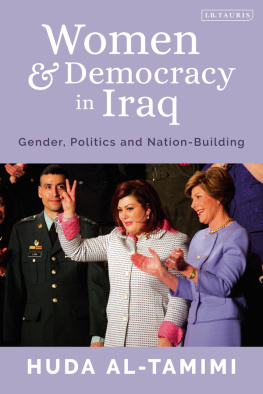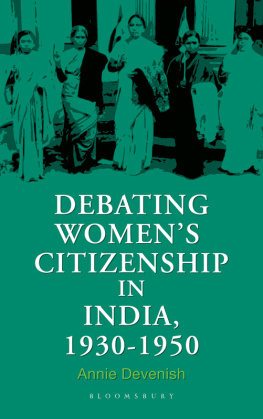Copyright 2016 by Eva Travers
Sentia Publishing Company has the exclusive rights to reproduce this work, to prepare derivative works from this work, to publicly distribute this work, to publicly perform this work, and to publicly display this work.
All rights reserved. No part of this publication may be reproduced, stored in a retrieval system, or transmitted, in any form or by any means, electronic, mechanical, photocopying, recording, or otherwise, without the prior written permission of the copyright owner.
Printed in the United States of America.
ISBN 978-0-9978930-4-5
Chapter 1: Beyond Interviews
In summer 2006, I moved back to Cambridge from Swarthmore, PA, where I taught Education for over thirty years. A few months later I glanced through the Cambridge Adult Center for Education brochure, and noticed a picture of a woman who was going to do a story telling for children at the Center. Oh my god! Its Hannah, one of the women I first met while collecting data at Riverside High School for my doctoral dissertation in 1970.
My dissertation investigated students views about social, political and educational issues, equal educational opportunity at the high school and participation in protest against the war in Vietnam in a highly politicized high school. Subsequently, I re-interviewed Hannah and a substantial number of women from the original research in 1979 and 1987. Then after a hiatus of twenty years, I located thirteen of women I had interviewed in all three phases of the research.
After recognizing Hannah, I immediately decided to attend the story telling. After listening to an amazing hour of interactive story telling, I went up to Hannah and said, I dont know if you remember me, Eva Travers. Instantly she replied, Yes, of, course and gave me a hug. Within minutes we began to talk about what she and I had been doing over the last twenty years. She remembered that a focus of the earlier interviews concerned social and political views and behavior and immediately began to tell me about her recent political activity.
At one point, she asked whether I knew about the film 7 Up, a documentary that followed a group of English working and upper class children from the time they were 7 years old in the 1960s and subsequently every 7 years through age 56. The initial documentary focused mainly on the childrens nascent views of social class and their experiences and aspirations as members of distinct social classes. In subsequent interviews, the documentary followed their life trajectories. In the most recent documentary, 56 Up, the filmmakers had succeeded in re-interviewing most of the people in the original study.
When I said I knew about the series and thought it was amazing, Hannah said that she still was in touch with two of the women who had participated in the study in their junior year in high school. Wouldnt it be fun to try to find others and do something like that? Her enthusiasm was catching, and I readily agreed to do some detective work that culminated in the fourth round of interviews with thirteen of the women from my original research in 1970.
This book examines the life trajectories and social and political views and behaviors of these women over almost forty years. In 1970 the women they were juniors at Riverside High, an academically prestigious, progressive high school in the Boston area that stressed critical thinking and inquiry oriented learning, especially in Honors classes in Social Studies and English. During the 1969-70 school year as nation-wide protests against the Vietnam War escalated, the school was the site of an unusual amount and types of protest against the war that culminated a week-long strike in May. That year there was also protest at the high school concerning issues such as racism and school policies. A group of radical students published an underground newspaper and analyzed anti war activities from a Socialist perspective. The paper also criticized the U.S. government and various policies at the high school.
In 1970, I was excited by the opportunity to observe and do research regarding whether students views about education were correlated with their political views and participation in protests against the war. I first conducted a survey of all students in the junior class. I then interviewed a diverse group of students regarding their educational and political perspectives. Although the original phase of the research included both males and females, in the last three phases of the research I only focused on the women.
Behind this longitudinal project is a story, an autobiography of sorts, that parallels my own evolution as a researcher and a feminist. In 1970 I followed what were standard interview research procedures at the time. I was convinced good research could be objective. To this end, I followed a predetermined interview protocol and all interviews took place in the same place. Questions about school, social and political views and participation in protest activity, as well a parents perspectives were carefully worded and sequenced as much as possible. I viewed participants in the research as subjects.
At the conclusion of the 1970 research, I did not anticipate interviewing the Riverside students again. Over the next few years, however, as I read journalistic accounts suggesting that the me generation of the 1970s had replaced the activism of the 1960s, I became curious about what had happened in the lives and to the social and political perspectives of the individuals I interviewed in that distinctive historical period. A sabbatical leave in 1979 afforded me the opportunity to return to Boston and conduct follow-up research and to locate as many of the women in the original sample as I could. I succeeded in finding twenty-two of the twenty-seven women in the original study.
The 1979 interviews consisted of two major sections. The first was a relatively unstructured life history of the individual from 1970 to 1979. In this portion of the interview, I let the interviewee guide the process and sequence of topics as much as possiblean approach that I later realized was used by many feminist researchers. Many women enthusiastically and seriously talked about experiences and personal issues that had been critical in the intervening years. Perhaps fortuitously, at the end of the 1970 interview, I had asked a single question about what the students thought they would be doing in ten years. Thus, I could compare what the women anticipated with what had actually happened to them. In 1970, almost all of the young women students spontaneously said they would be married. Only a handful mentioned children, the type of job they might have or indicated that marriage might be delayed. (Contrary to their expectations in high school, in 1979 few were married but all had full or part-time jobs.)
The second half of the 1979 interview paralleled the focus of the 1970 interview and probed the womens social and political views and behavior and also included questions about current events and issues. Given significant changes in the historical context between 1970 and 1979, in most instances questions addressed only general themes included in the first interview. In contrast to the interview style I used in the life history portion of the interview, in the second half of the interview, I used a set of prepared questions and asked them in a fairly regular order, as was the case in 1970.
In between the first and second rounds of interviews, I had designed and taught a Womens Studies course to juniors and seniors at an alternative high school. Teaching this course had a powerful impact on me and my students. Subsequently, as one of few female professors at Swarthmore College, my sensitivity to womens issues increased as I became involved in efforts to deal with College procedures that did not address womens needs. As a result, in the second half of the interview, I also included questions about the goals of the Womens Movement and equal rights for women. In the 1979 interviews it was evident that many of the women were clearly more engaged in the life history portion of the interview than in the section that dealt with current events and social and political issues.

